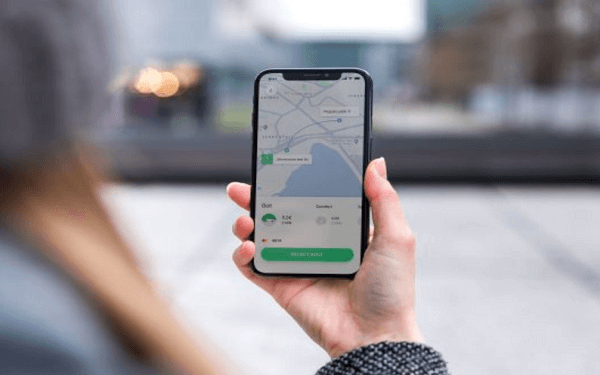
Tenet Fintech Group Inc. (CSE: PKK, OTC Pink: PKKFF)
Commercial Lending in China Ready to Tenet!

Uber’s European rival Bolt is now taking it on in the streets of London.
The Estonian ride-hailing company formerly known as Taxifyannounced its launch in the U.K.’s capital city Tuesday. It joins a growing list of start-ups trying to take market share from Uber in the London metropolitan area.
Villig, who founded the company in 2013, said more than 20,000 drivers have already signed up with Bolt ahead of Tuesday’s launch. There were an estimated 87,900 private hire vehicles licensed in London as of March 2018, according to the Department for Transport.
Bolt operates in 30 countries and 100 cities with 25 million customers globally. The Estonia-based company reached a valuation of $1 billion last year, entering an exclusive club of European tech unicorns. Villig said Bolt has won over drivers and passengers with lower fees and commissions across Europe and Africa.
“We focus on markets where Uber used to have a monopoly and then we come in with a much better offering for drivers,” he said.
Bolt takes a 15% commission from drivers per ride, which it says allows drivers to earn over 10% more on average compared to other platforms. Last month, some Uber drivers in London went on strike demanding that the company lower its commissions from 25% to 15%.
Uber went public last month at a valuation of nearly $80 billion. The stock’s performance has been volatile since then as investors try to determine if — and when — the company will turn a profit. Uber reported a $1.01 billion net loss in the first quarter of 2019.
London dealt a blow to Uber when city regulators revoked its license in the city in 2017, citing a “lack of corporate responsibility.” Uber appealed the ruling and was granted a 15-month license with some broad conditions.
Villig said it took “more than one year” for Bolt to receive its London license. Passengers will be able to request rides through the Bolt app starting Tuesday morning.